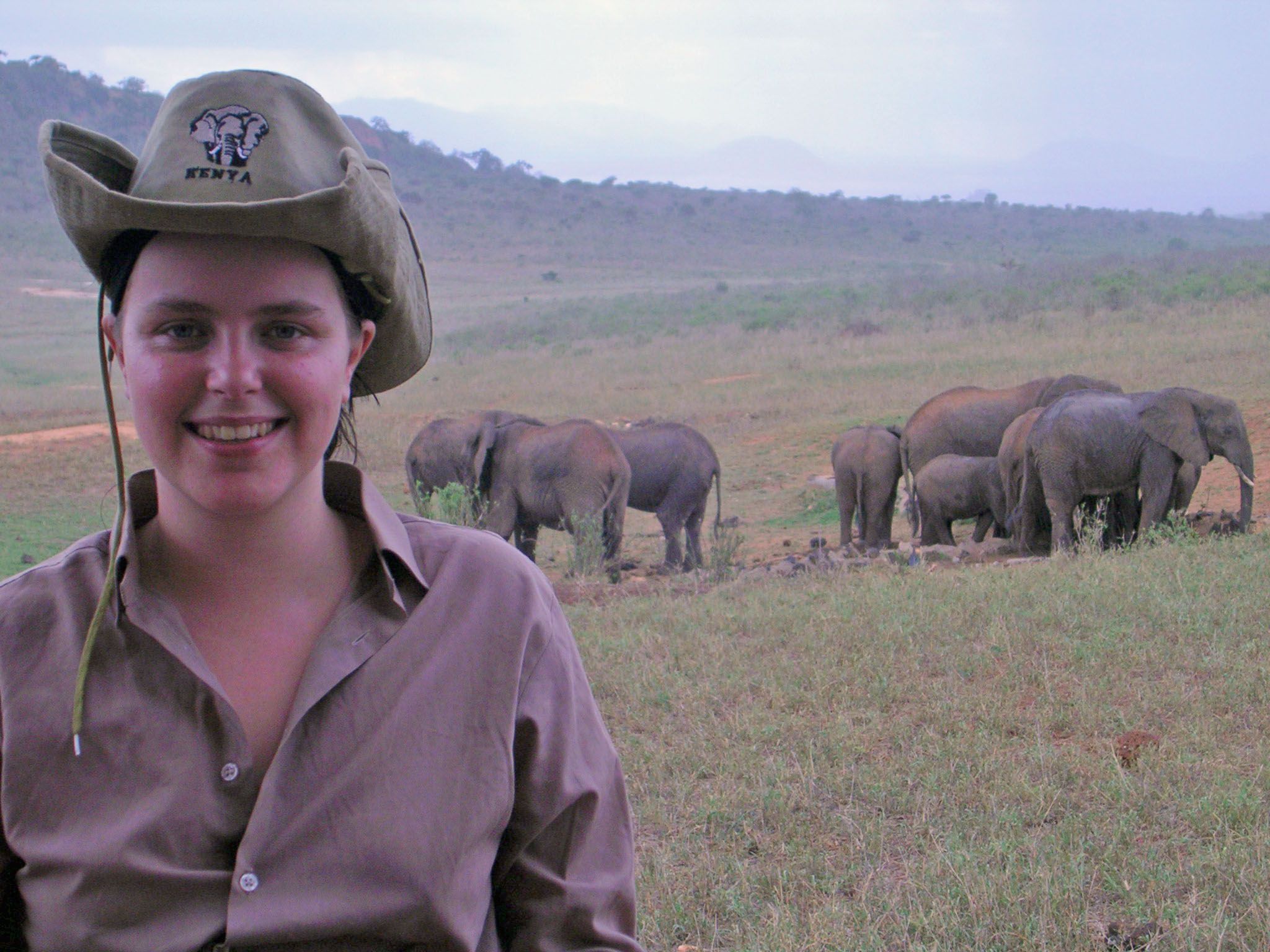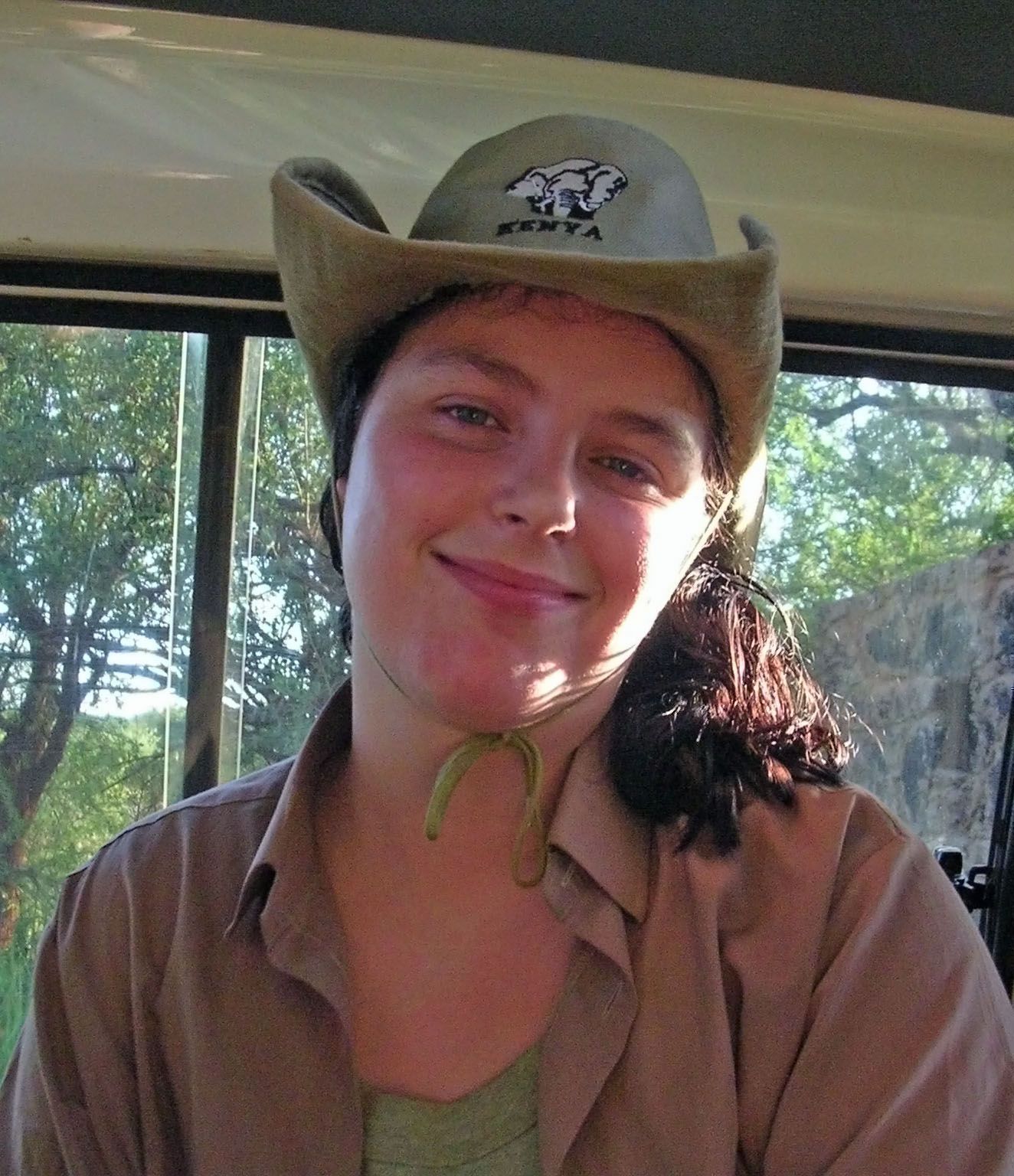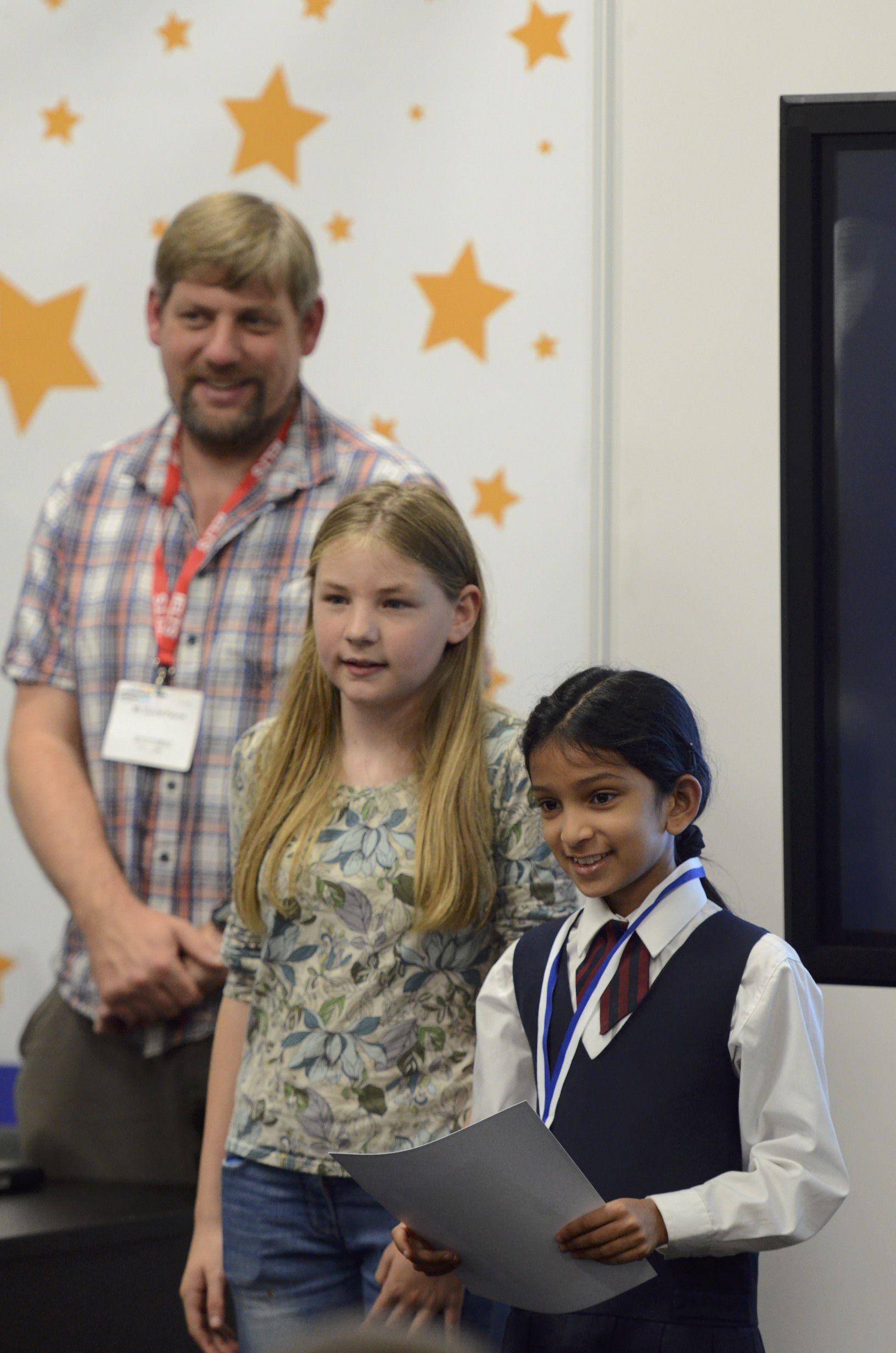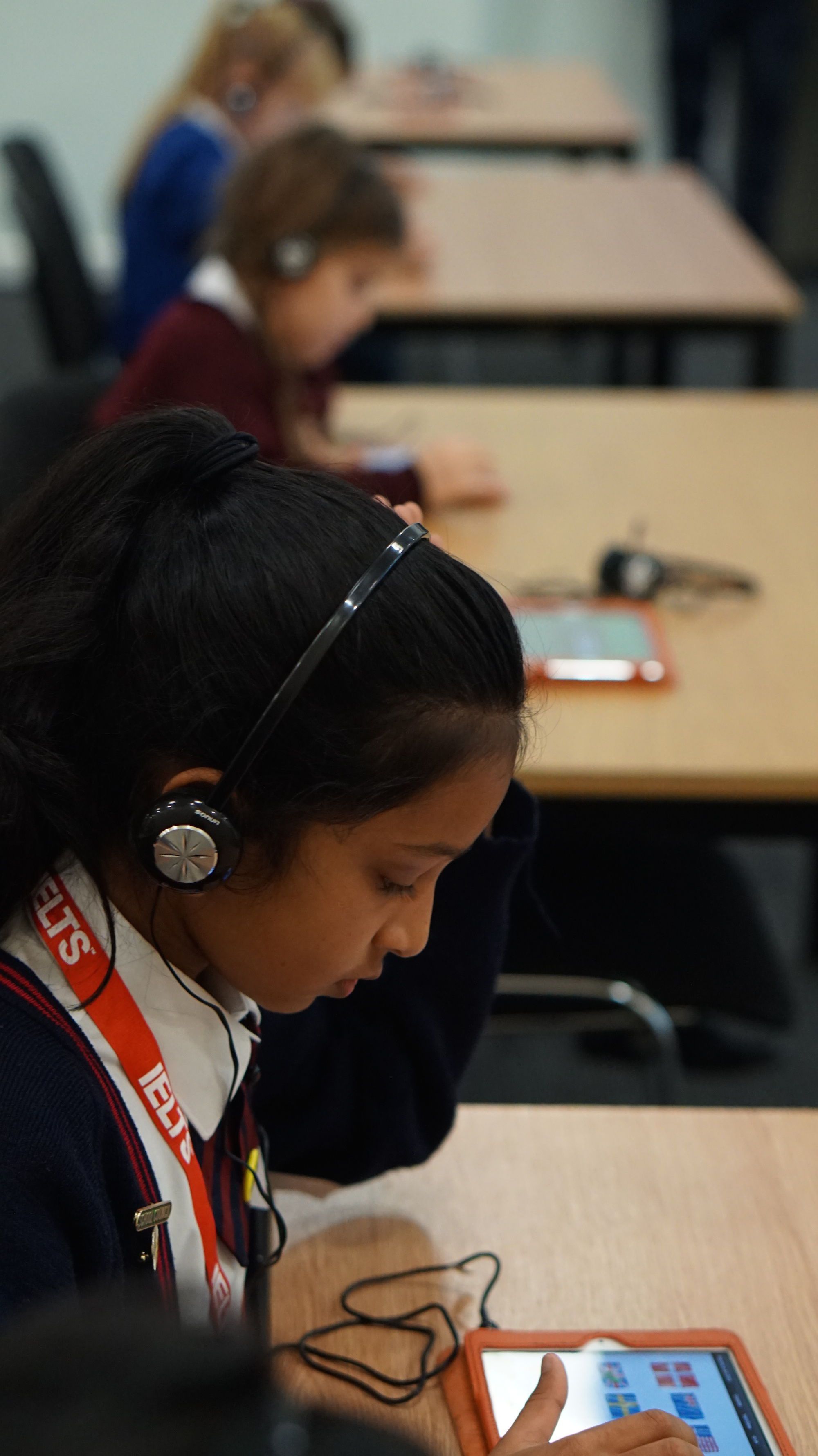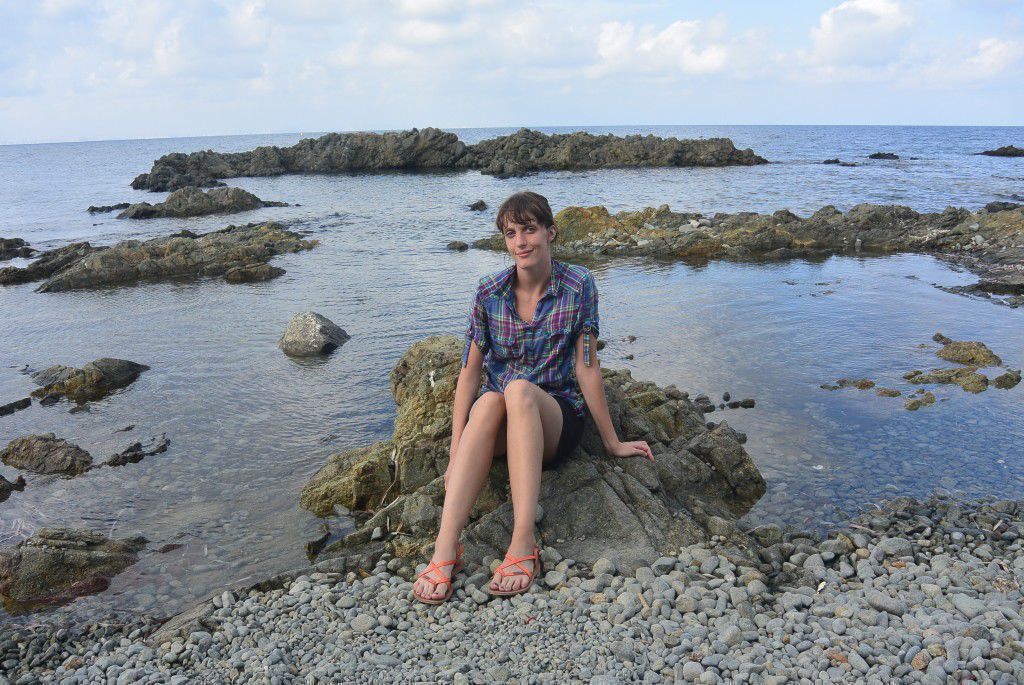Breaking down barriers with The Broke Backpacker
Meet Will. He’s the writer and adventurer behind travel blog The Broke Backpacker, and he just embarked on an epic two-year journey from home in the UK to Papua New Guinea.
The twist? He’s not taking any flights. Oh, and he’s travelling on a daily budget of $30.
Will’s been on the road already for two weeks, and is currently making his way through Europe. Over the next two years he’ll be visiting 30 countries, including Turkey, Pakistan, Myanmar, Tibet, and Indonesia, and sharing his adventures along the way.
Why are we telling you this?
Well. When we heard what he was planning, we figured Will might find himself in need of an app that includes over 120 languages from all across the world, which would enable him to talk to people wherever he goes.
Fortunately, it just so happens we have an app like that. So we’re very excited to announce that uTalk is the official language sponsor of Will’s adventure, and he’ll be using the app on the road to learn and speak everything from German to Tajiki, Albanian to Khmer. He’ll even be able to greet people in Tok Pisin on his arrival in PNG.
Will’s been travelling for seven years, and knows how important it is to speak a bit of the local language: “Learning a new language is hands down the best way to make new friends and peek behind the curtain. uTalk helps me to break down barriers, learn the local lingo and make friends in the most unexpected of places.”
We can’t wait to follow Will as he makes his way across the world, visiting some fascinating countries and meeting loads of interesting people. And we’re looking forward to hearing him speak all the languages 😉
You can follow Will’s adventures on Twitter or Facebook, or for more instant updates, on Snapchat (@wthatton).
Junior Language Challenge: Aalaya’s story
Last week, we heard from Jackie Gliniecka, a teacher at The Hawthorns School in Surrey, about her experience of the Junior Language Challenge over the last ten years.
But how does it feel to take part in the competition? Today we’re sharing runner-up Aalaya Sanjeeva’s story, which begins three years ago…
Aalaya
I started JLC when I was in Year 3. In the first year, when I got through to my first JLC finals, I did not make it to the final 12 after the heats. However, just getting into the finals was a fantastic experience and I just had to do it again the following year. In the second year, I worked really hard and made to the final 12 but not the top 3. This year, my friend Nithya and I worked our way through to the finals and we both did really well to get into the top 18. It felt so great and seriously nerve wracking while we were playing, when I came second I could not believe it (I still can’t believe it).
I would recommend entering JLC as the whole experience is a lot of FUN and besides, learning languages is an important skill, it helps you communicate better when you go to foreign countries and also since you know where the money is going and what it is helping with (onebillion), it inspires you and makes you work even harder for it! Over the years, I have seen the videos of a school classroom built in Malawi and happy children learning to read and learn maths in their native language and progressing quite well. It makes you happy to see their smiles when they get the stars on the iPad.
I also remember Martha Payne, a girl not much older than us, who handed out the prizes during JLC 2013 – her story, ‘Martha, Meals and Malawi‘ was amazing and really inspiring and touching!
I had great fun learning all the 9 languages over the last 3 years 🙂 Thank you, team JLC for the wonderful opportunity!
Aalaya’s parents, Sanjeeva and Priya
We have had an amazing experience learning so many languages over the last 3 years, it has instilled in Aalaya a love of languages that will stay with her for life and the steadfastness of effort that was required was also something wonderful to see in all the kids who have done multiple rounds. Plus she has had tons of fun, going to the semi-finals and finals – looking forward to the special journey to London Olympia with her teachers Mrs Gliniecka & Mrs Guest and schoolmate Nithya, the exposure to the huge language show opening up the wonderful world of linguistics and last but not least, those marvellous goody bags – all part of a wonderful package for a young child 🙂
Your team (Liz, Franco and others) and Richard Howeson are amazing and inspirational people – the happiness and camaraderie and the genuine passion in what you do is so evident every year! Richard, especially, with his vision for onebillion, has been so instrumental to all this and much more. The progress we saw unfolding with EuroTalk and onebillion was heart-warming, it gives a lot of hope for the future. We hope and pray that onebillion will achieve the goal for which it was founded and will try supporting it by encouraging more children to join the competition every year!
Some learning stays for life! Aalaya has been very inspired by the wonderful initiatives she has witnessed and this in turn with similar other experiences will help her grow as a responsible person.
THANK YOU again and keep up the good work!
Two ever grateful parents! 🙂
If you’d like to know more about the Junior Language Challenge, or you’re thinking of entering next year, please do feel free to contact us at jlc@eurotalk.com or visit eurotalk.com/jlc, where you can sign up to join the mailing list and be first to know all the details of the 2016 competition.
The Language of Chocolate
Ah chocolate, that little sinful delight that you can pretty much find in every corner of the globe. Eat it, drink it, wear it or even play with it, you simply can’t get away from it. Since it’s National Chocolate Week I was curious to find out where the word ‘chocolate’ actually comes from.
Unfortunately there isn’t really a concrete answer that states its exact origins. Some believe it comes from the Aztec (Nahuatl) word ‘chocolatl‘ which referred to a substance produced from the seeds of the cacau tree. Others believe the Spanish coined it from the Mayan word ‘chocol‘ (hot) and the Aztec word ‘atl‘ (water) when early explorers came across a beverage made from the seeds.
It only goes to show how far back the beginnings of chocolate as we know it are embedded into our history. If you’re looking for interesting ways to use the word chocolate in other languages, here are a few to start you off with.

If you ever come across something or someone that you find utterly useless, then the expression ‘as much use as a chocolate teapot‘ might come in handy. Science has even proven how useless a chocolate teapot really is.
In French, you might use the phrase ‘tablettes de chocolat‘ to refer to a particularly svelte and toned looking man. There are some things about the French language that I just love.
‘Es el chocolate del loro‘ in Spanish literally translates to ‘the parrot’s chocolate’, but is in fact referring to the insignificance of a small amount of money when compared to a much larger amount. I’m still trying to work out where the parrot comes into this, though.
And if you find yourself in a particularly confusing situation that defies all sense of logic and cohesion, don’t hesitate to swap the English idiom ‘it’s all Greek to me’ for the Dutch ‘daar kan ik geen chocola van maken’ which translates to ‘I can’t make chocolate of that’.
Do you know any other chocolate based expressions? Do let us know! I’m sure they’ll be positively delicious…
Safia


